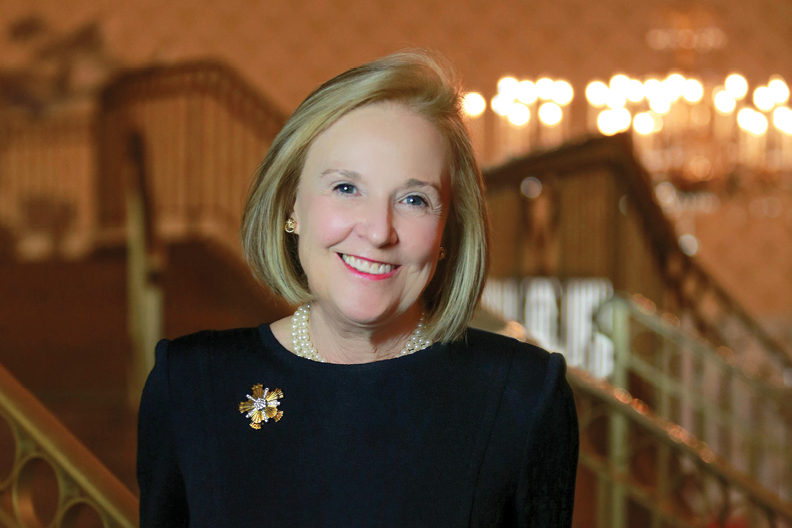“The ultimate goal is to just try to help more and more people.” - Linda Haller

Changing Lives
After learning in 2016 that her adult daughter, Kelly Shannon, had renal failure and needed a kidney transplant, Linda Haller of Fort Lauderdale, Florida, says her first reaction was to get her on every waiting list possible. “When you read about it, that sounds quite easy, but it’s really not,” Haller says. “I’ve looked back on that so many times and thought, how do people that don’t have the resources we have do it? It’s got to be incredibly difficult.”
Shannon is now doing well. But like anyone who has received an organ transplant, her life has been forever changed. Adjusting to a new regimen of immunotherapy medications, following new diet and exercise guidelines, and facing the constant risk of organ rejection have become a part of everyday life.
Haller and her family wanted to do something to make all these experiences easier for others. Though Shannon received the transplant elsewhere, she never forgot the kindness of some of the doctors she had initially consulted with at Duke.
Through the Henry E. Haller Jr. Foundation, they made gifts to Duke to support patient education both before and after transplant, as well as specific research projects to better understand and prevent transplant organ rejection.
In 2020, the family, including Shannon’s brother Kevin Boyce, who serves on the family foundation board, wanted to continue their giving to support scientific innovation, and they wanted to have a long-lasting impact.
They decided the best way to do that was by endowing a professorship. The Boyce Haller Professorship in Nephrology will attract or retain a renowned faculty member involved in the study, diagnosis, and treatment of kidney disease. By providing dedicated time for a scholar to devote to the most pressing challenges in the field, the professorship will support innovation for many years to come.
“The ultimate goal is to just try to help more and more people,” Haller says. “We knew if we were going to give philanthropic support to any teaching institution, we really wanted it to become an essential tool in recruiting and providing resources that would guide the leaders to make greater impact on society, and so that we could in some small way make things better for other families in the same boat.”